Celebrate indolence with these reads about slackers, nappers, and idlers
Sometimes, the world gets to be too much and you just want to check out—but reader types often have trouble shutting off our brains. Thankfully, we can always look to literature for solace in the stories of idlers, sleepers, and ponderers. In these books, you’ll find inspiration from characters who prefer sleep or idleness over action, and essays on how to use the act of doing nothing in order to find comfort or relief from the inundation of bad news in the headlines.
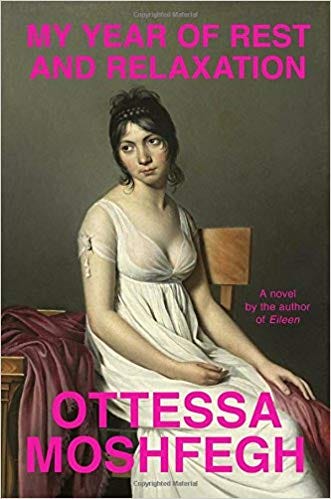
My Year of Rest and Relaxation by Ottessa Moshfegh
In her most recent novel, Moshfegh depicts the story of a woman who believes sleep to be an antidote to the physiological effects of current affairs and personal misery. Though set in the unsettling years leading up to September 11, Moshfegh uses the intensely observational style that she’s become known for in her previous books, such as Homesick for Another World and Eileen, to encapsulate a feeling that many people may share today; the desire to sleep. Or, more specifically, the desire to go right back to sleep after waking up in the morning to an onslaught of notifications from various news outlets about the natural, and not-so-natural, disasters happening around the world. In My Year of Rest and Relaxation, Moshfegh protagonist turns to sleep-inducing prescription medication in order to fulfill her aspiration to do nothing.
A Novel About Sleeping Through the ’90s, Designed to Wake You Up in 2018
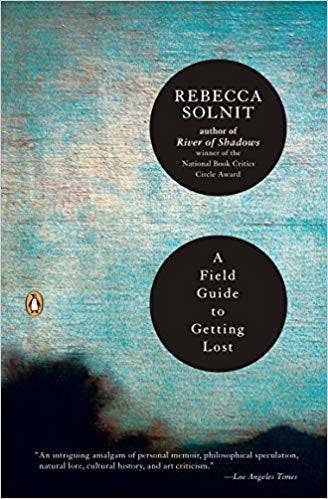
A Field Guide to Getting Lost by Rebecca Solnit
If sleeping isn’t the right antidote for you, another one you could try is to get lost. As in her other essay collections, such as Men Explain Things to Me and Call Them by Their True Names, Solnit brings her skill for expert and persuasive writing to discuss the topic of getting lost. In this collection, Solnit explores the question: “How will you go about finding that thing the nature of which is unknown to you?” Disguised as essays about doing nothing, this field guide brings the reader through seemingly unrelated thoughts and anecdotes, arriving at answers that are be obscure to the person that seeks them out with intent.
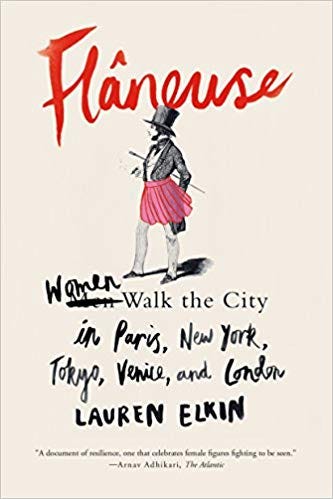
Flâneuse: Women Walk the City in Paris, New York, Tokyo, Venice, and London by Lauren Elkin
20th century poets and authors popularized the term flâneuse when writing about the modern urban experience — for men. It denotes a man who takes to wandering the streets aimlessly; a man taking advantage of his privilege by walking around, doing nothing, in metropolitan locations without the worry of being harrassed. Lauren Elkin’s memoir takes the same concept — of aimless wandering — and applies it to the female experience. Drawing on her own practice of meandering the streets of modern cities, Elkin writes about the history of the female flâneuse.
Visiting Sephora with Walter Benjamin
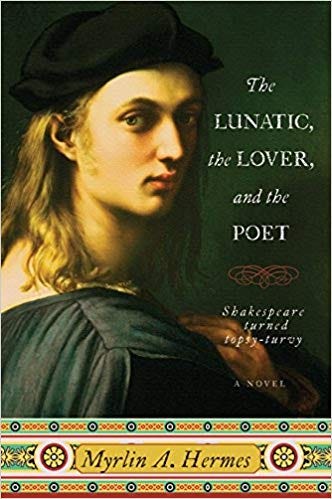
The Lunatic, the Lover, and the Poet by Myrlin Hermes
In the Shakespeare canon, Hamlet is the archetype of a non-doer. His uncle kills his father, his mother marries his uncle, his love life goes up in flames, and yet, rather than exacting revenge on the man that incited it all, he chooses to read books and speak in soliloquy. Myrlin Hermes’ novel takes the form of a prequel to the play, offering the reader a look into Hamlet’s university life before the notorious tragedy strikes. Using the same characters that live and suffer in Shakespeare’s world, Hermes reimagines that world in a modern novel imbued with Shakespearean references and plot devices — such as mistaken identities and love-triangles.
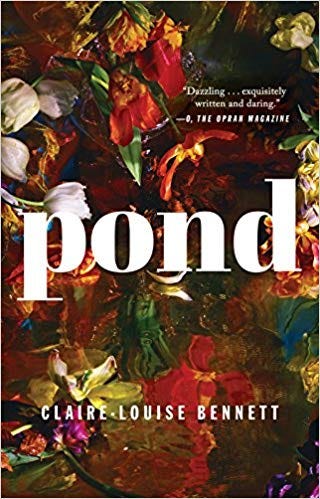
Pond by Claire-Louise Bennett
Bennet’s debut novel suggests a life of contemplation in lieu of action. The narrator lives by herself and shares her inner monologue with the reader about the daily routine of living in solitude, and the ordinary events that surround her cottage on the west coast of Ireland. With a perceptive focus on atmosphere instead of plot, Bennett’s style pushes the boundaries of what we consider short stories, prose poetry or even essays. In doing nothing much but contemplating, the narrator of Pond brings us outside our own egocentric world to consider the world around us.
Morning, 1908
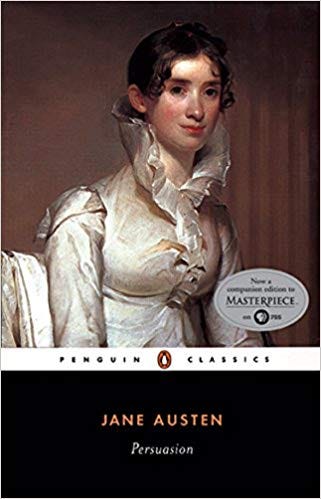
Persuasion by Jane Austen
Persuasion, Austen’s final work, explores the typical themes in her canon — culture, society and marriage in 19th century England. Whether or not the characters in her books are doing anything actually productive, at the very least they’re doing something. However, this particular novel showcases a character with an expertise for doing nothing; Mary Musgrove. Repeatedly, she feigns illness in order to get out of responsibilities and, rather than taking full advantage of the free time, she does nothing instead. Then again, maybe that is exactly how one should be spending their free time.
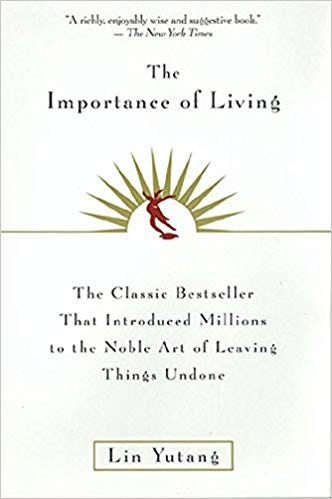
The Importance of Living by Lin Yutang
Lin Yutang uses philosophy and wit to enlighten his readers about the way to lead a simple life; valuing idleness over wearing oneself out. He draws from Eastern ethics, such as Taoism, which entails letting go of impossible expectations and unattainable goals in order to live a life akin to a river — going along with the unplanned and unstructured way life takes you. Though written in the mid-1900s, this book of guidelines for a peaceful life is as timely as ever in navigating this chaotic modern world.


7 Books on the Joys of Doing Nothing was originally published in Electric Literature on Medium, where people are continuing the conversation by highlighting and responding to this story.
Source : 7 Books on the Joys of Doing Nothing













